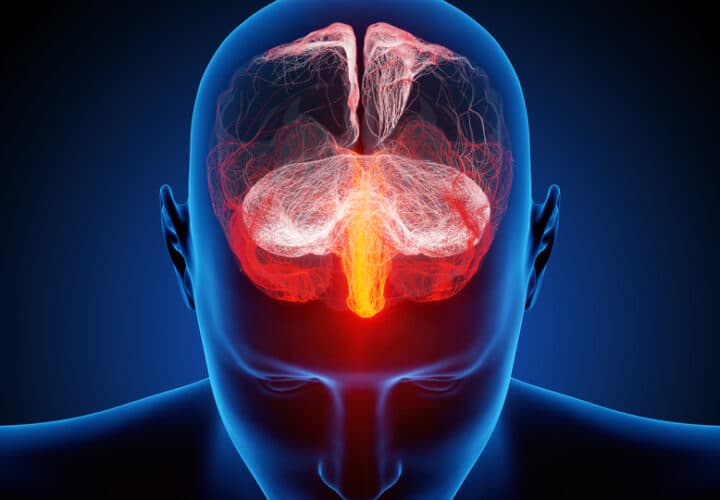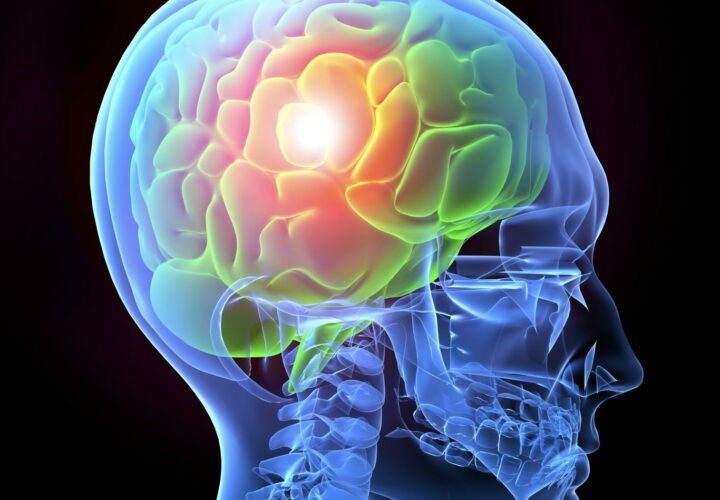Recent research suggests that the accumulation of urea, which is a byproduct of the breakdown of proteins, is linked with dementia.
Scientists believe that some types of dementia, like Alzheimer’s, are caused by the build-up of two proteins: beta-amyloid and tau. A group of scientists from around the world say we should add another compound to that list: urea. Scientists found that the build-up of urea, a byproduct of protein metabolism the liver produces to remove ammonia from the body, is the cause of brain damage in some patients, eventually leading to dementia.
The scientists, led by Garth Cooper from the University of Manchester, collaborated on the study from the University of Manchester with the University of Auckland, AgResearch New Zealand, the South Australian Research and Development Institute, Massachusetts General Hospital and Harvard University.
Their research, which was conducted on donated human brains and genetically modified sheep brains, focused on Huntington’s disease, a genetic neurodegenerative brain disease that eventually leads to dementia. It’s one of seven major types of age-related dementia. The authors of the study said it showed that dementia is directly linked to levels of urea in the brain, suggesting that diseases like Huntington’s and Alzheimer’s have a metabolic cause—that they are diseases that occur because of a breakdown in chemical processes that are necessary to maintain life. For example, when the body can no longer produce insulin to process sugar—also known as diabetes.
Urea is produced in order to clear ammonia, which is made up of nitrogen and toxic to human bodies. In a normal system, urea is cleared by the kidneys through urine, but in dementia patients, scientists have observed a build-up of the compound.
The study supports the findings of a similar study on urea and Alzheimer’s from 2016.
“Previous research has hinted that urea might also accumulate in the Alzheimer’s brain, which also experiences problems using energy. However, more research is required to understand if a build-up of urea is the cause, or the result, of brain cells dying so this study doesn’t substantiate the researcher’s claim that urea is a ‘pivotal’ cause of dementia,” said Doug Brown, Director of Research and Development at Alzheimer’s Society, in a statement released by the organization.
Still, outside groups consider this a step in the right direction.
“Given that there are still so many unknowns about the causes of dementia, research like this that looks outside the box is vital to help us get a full picture of what causes the condition, and ultimately develop new treatments,” added Brown.
The study was published in Proceedings of the National Academy of Sciences.
Correction: December 13, 2017
An earlier version of this article stated that urea is a protein. It is a byproduct of the breakdown of proteins.



